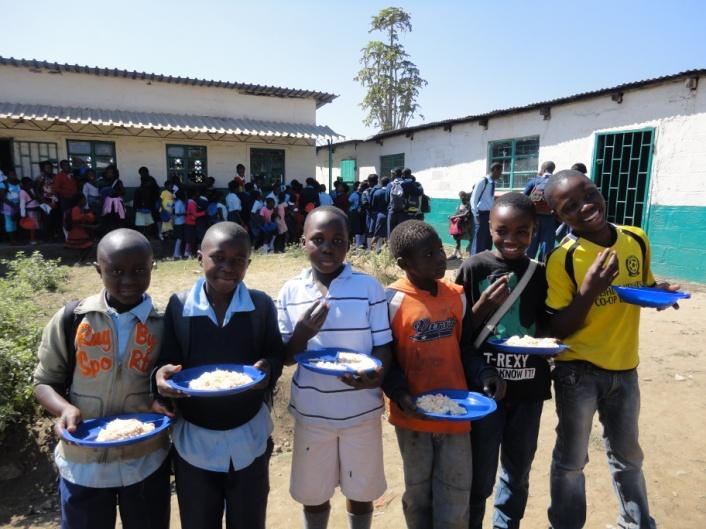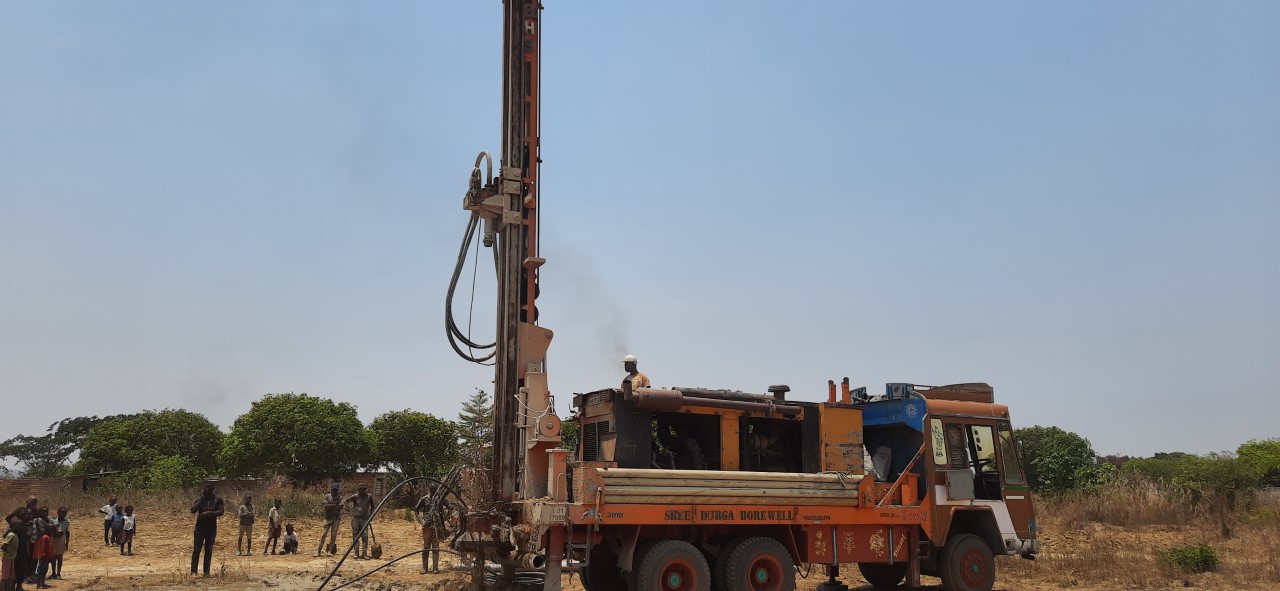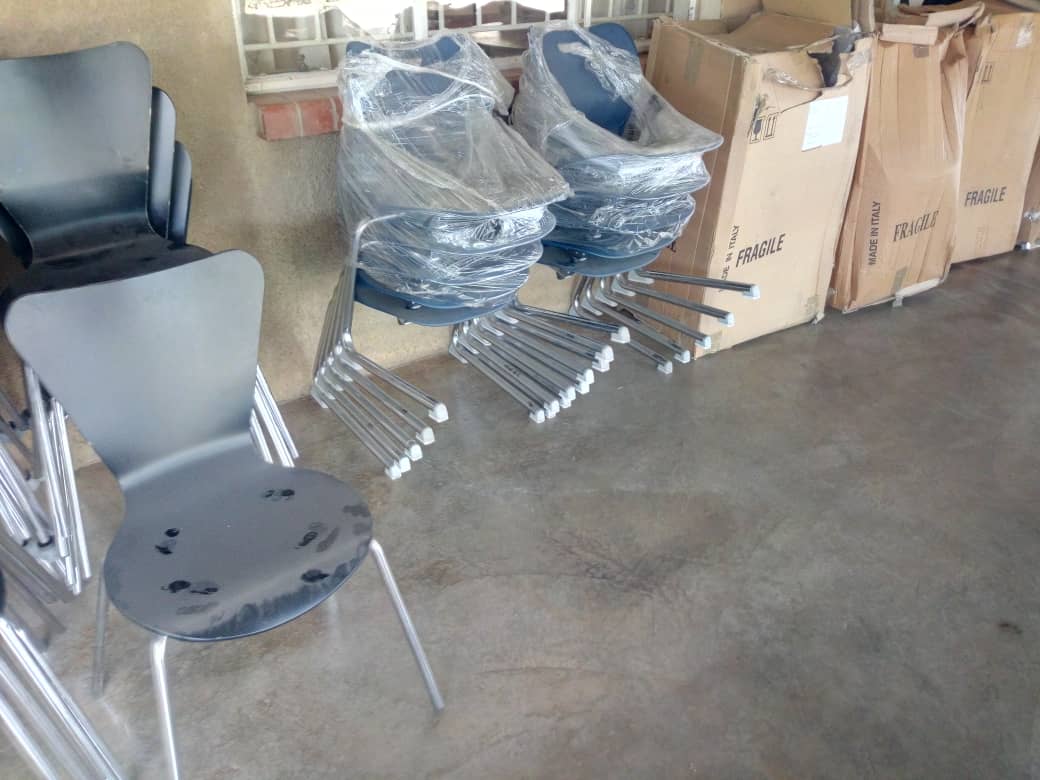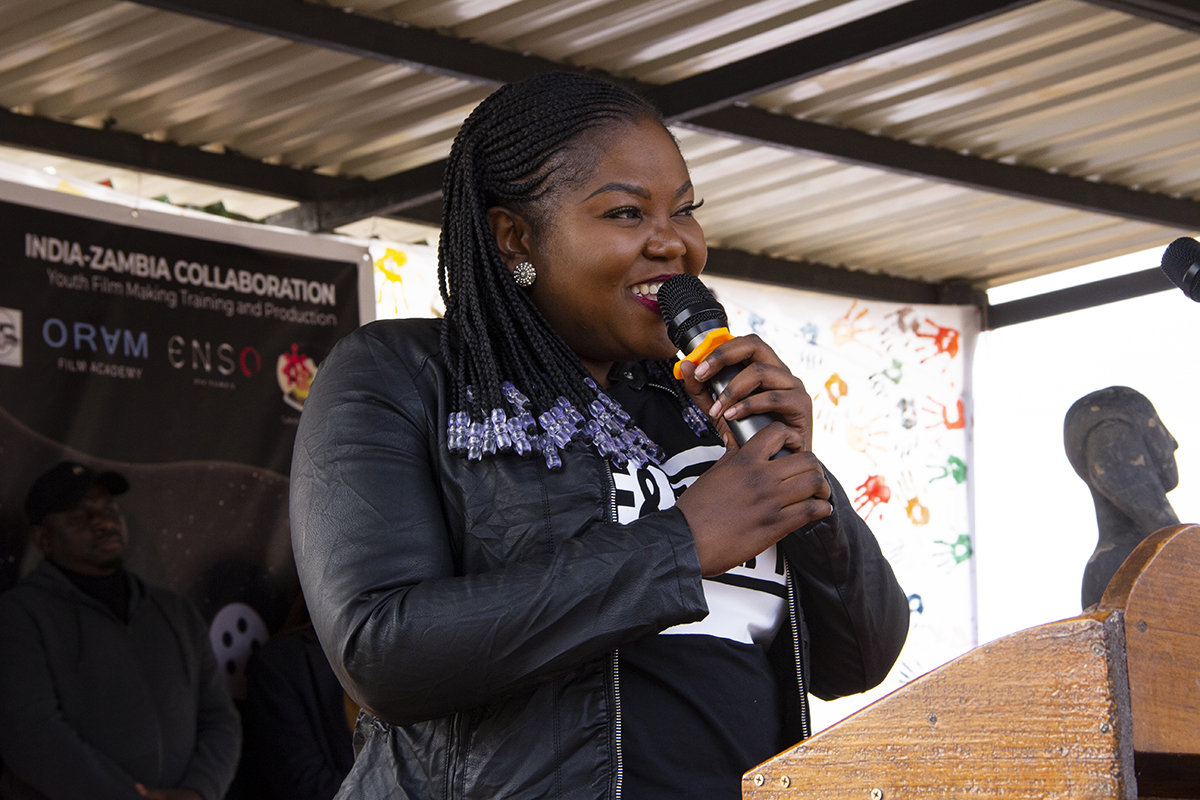ZAMBIA: Stop Hunger Now Donates Rice Meals to Salesian-run City of Hope

(MissionNewswire) Youth and their families who attend programs at the Salesian-run City of Hope, an organization and school with centers throughout the capital city of Lusaka in Zambia, have access to better nutrition thanks to a recent donation of fortified rice-meals. The donation was made possible through an ongoing partnership between Salesian Missions and Stop Hunger Now, an international relief organization that provides food and life‐saving aid to the world’s most vulnerable.
Prior to the donation, Salesian Sisters at the City of Hope were forced to cut back their feeding program in centers across Lusaka to offer meals only three times per week. The rice meal donation allows the sisters to once again provide daily meals to youth at all their centers.
“We are very thankful for the donation of rice meals for our students,” says Sister Charmaine de la Chaumette, project coordinator at the City of Hope. “Most of the rice is cooked at our schools and centers but from time to time we have given something to the families who are struggling to survive. They are instructed as to how to prepare the rice so as to get the maximum benefit from these rice meals. We also help other community schools where we know the children come from very poor circumstances. From all of the City of Hope centers, we feed between 4,000 and 5,000 children a day.”
For some students, the meals they receive at the City of Hope centers are the only meals they have each day. Provided to students during the school day, the food aid serves as an incentive for families to send their children to school. As a result of the donation, students are thriving. Many have gained weight, suffer fewer illnesses and are more focused on their studies.
“Access to nutritious meals allows youth to be better prepared to take part in school activities and focus on their education,” says Father Mark Hyde, executive director of Salesian Missions, the U.S. development arm of the Salesians of Don Bosco. “Prepared students are more likely to learn valuable skills that will help them gain employment, break the cycle of poverty in their lives and enable them to give back to their communities.”
In addition to the rice meals, the shipment also contained Sketchers shoes from Soles 4 Souls, which were provided to the youngest students enrolled in City of Hope programs. The remaining students received fabric for sewing projects that are completed during the students’ free time. The items they make include mats, patchwork items, pencil cases, cards and artwork.
The City of Hope was established to meet the needs of youth and their families living in the most severe poverty in Lusaka. The vast majority of children attending City of Hope programs are those who have been abused, live on the streets or are victims of child trafficking.
Currently, there are more than 800 students enrolled in the City of Hope’s Open Community School which serves those suffering from malnutrition, lack of education and family deprivation. Basic education is offered to youth between the ages of 9 and 17. Primary school classes make up the first four years after which students take the government’s grade seven examinations. Most City of Hope students do not have the opportunity to attend other schools because of a lack of financial means.
The City of Hope also offers a shelter that is home to at-risk girls referred through the social welfare system, the police and other institutions and organizations. Many have been orphaned and have nowhere else to go. There are currently 36 girls who live at the shelter ranging in age from 7 to 22 years. The shelter is not an orphanage but rather a safe place for girls to stay while they gain an education and make the transition either to living with other family or to a more independent life. To date, more than 150 girls have received services through the City of Hope’s shelter.
Poverty is widespread in Zambia with 64 percent of the total population living below the poverty line. For those living in rural areas, the poverty rate rises to 80 percent, according to UNICEF. Over the past three decades, incomes in Zambia have fallen steadily and people do not have enough money to meet basic needs such as shelter, nutritious food and medical care.
The HIV/AIDS epidemic has taken its toll on Zambia’s children. More than 20,000 households in the country are headed by children whose parents have died because of HIV/AIDS. Many of these young children are desperate for adult support.
###
Sources:
UNICEF – Zambia




